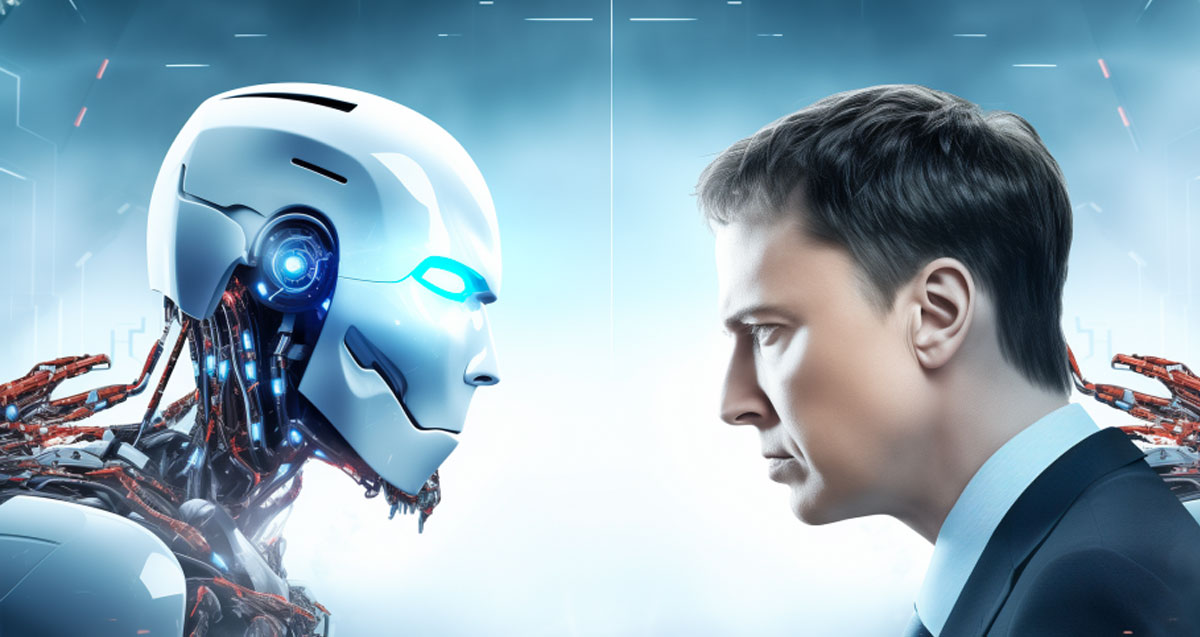
In the week following the world’s first-ever AI safety summit at Bletchley Park, it seems everyone is talking “AI”, with Collin’s Dictionary naming it the word of 2023.
Last week, Bletchley Park in Milton Keynes, UK, saw some of the most prominent AI nations, including the US, EU, Australia, and China, being brought together for a world-first AI safety summit.
Over the course of the two days, 28 countries from various regions all over the world, agreed on the urgent need to collectively understand and address the potential risks of AI and signed a declaration, known as the Bletchley Declaration on AI safety.
Since then, there have been a few major developments and announcements from some of the world’s leading organizations.
Elon Musk’s AI company, xAI, released its first AI model, Grok, to a select group of people on Saturday, after it was announced on his social media platform, X (formerly Twitter), on Friday.
Musk founded xAI in July, shortly after OpenAI, which makes ChatGPT, gained widespread attention. Musk, who was an early investor in OpenAI, expressed concerns regarding the possible risks of AI technology to human society, emphasizing the need for careful and responsible development.
Grok, the first product of Musk’s AI company xAI, is now being tested by a small group of users in the U.S. The chatbot is being trained on data from Musk’s social media platform, X, so it is more knowledgeable about current events than other bots with fixed datasets. Grok has also designed to be witty and rebellious, according to the announcement.
On Wednesday, Microsoft introduced its new AI-driven Office assistant for a fee, potentially revolutionizing the working routines of its extensive user base.
Microsoft is the first company to make the technology that powers the ChatGPT chatbot available as a standard feature in its software, marking a trial to determine whether businesses are willing to invest in AI.
The generative AI assistant, known as Copilot, has the potential to create emails or condense documents, though the issue of whether employees will trust AI to compose emails on their behalf remains to be seen.
LinkedIn, a company that has unveiled a few new technology advancements this year, also introduced its AI-driven chatbot this week, which has been designed to assist users in evaluating the suitability of a job application and identifying areas where a candidate may be lacking in experience.
The chatbot operates by allowing users to pose questions like “Am I a suitable match for this position?”. Subsequently, it analyses the user’s LinkedIn profile in relation to the job application. This technology harnesses the capabilities of OpenAI’s GPT-4 and has been accessible to select Premium users since Wednesday.
The future of AI is both exciting and daunting. On the one hand, AI has the potential to revolutionize and drastically improve many aspects of our lives, from the way we work to the way we interact with the world around us. But on the other hand, there are concerns about the potential for AI to be misused or to lead to unintended consequences. This is why summits like the one at Bletchley Park last week are so vitally important, in order to continue spreading awareness of the potential risks (and benefits) of this new technology.
It is clear that the future of AI is only going to continue becoming more and more advanced. Therefore, it is crucial for the developers leading this industry, that they create AI technologies in a responsible and ethical manner, ensuring that systems are aligned with human values and that they do not cause harm, benefiting all of humanity, not just a select few.

Discover special offers, top stories, upcoming events, and more.

As an Amazon Associate I earn from qualifying purchases. Copyright © 2023 Curious With AI
